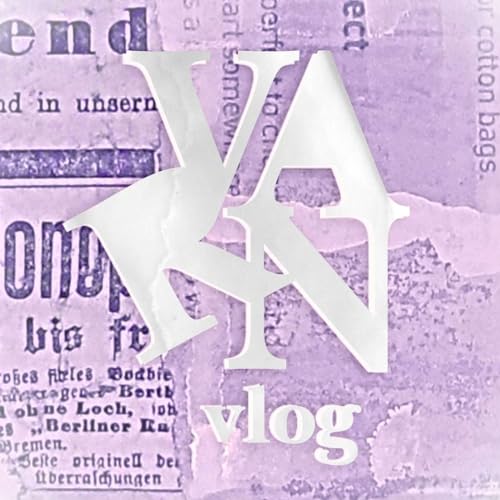What if “reindustrialization” delivers fabs, data centers, and subsidies—but not the jobs? We sit down with Marxist geographer Phil Neel to unpack Hell World, a sweeping account of how deindustrialization, gigified services, and AI deskilling have rewired the global labor map. Drawing on years of on-the-ground research and a panoramic read of supply chains, Neel explains why factories employ far fewer people, why service work resists productivity gains, and how rents—especially real estate—shape cities and politics more than we admit.
We follow the trail from Foxconn’s peaks to muted booms in Vietnam and India, from “Chinese investment” myths in East Africa to the very real power of trade networks, wholesale warehouses, and e-commerce hubs. Along the way, Neel dismantles comforting periodizations—neoliberalism, monopoly capital, neo-feudalism—that blur structural continuities in accumulation. The state is growing, but not as a cure: military contracts, healthcare complexes, and subsidized tech now anchor a reindustrialization that largely bypasses wage earners.
So where does strategy live? Neel argues for a Promethean, developmental communism that treats production and complexity as political terrain. That means credible plans for electrification, clean water, durable housing, and transit—paired with the organizational muscle to win space: assemblies, strike capacity, and the willingness to cross today’s legal tripwires that have long neutralized labor. Electoral wins can blunt repression at the margins, but they won’t substitute for power built in services, logistics, and the everyday circuits where value and control actually move.
If your city’s future looks like a shiny battery plant and an even larger rent bill, this conversation offers a sharper map. We trace commodities back to ports and smelters, expose the limits of jobless growth, and sketch a politics that aims higher than nostalgic compacts and faster than the next subsidy cycle. Listen, share with a friend, and tell us: where would you place power to make material gains possible today? Subscribe for more deep dives and leave a review to help others find the show.
About Phil Neel
Phil A. Neel is an author and researcher known for his "communist geography." Raised in the rural Siskiyou Mountains, his work is grounded in the material realities of the American hinterland and the global logistics industry. He is the author of Hinterland: America’s New Landscape of Class and Conflict and Hellworld: The Human Species and the Planetary Factory.
Send a text
Musis by Bitterlake, Used with Permission, all rights to Bitterlake
Support the show
Crew:
Host: C. Derick Varn
Intro and Outro Music by Bitter Lake.
Intro Video Design: Jason Myles
Art Design: Corn and C. Derick Varn
Links and Social Media:
twitter: @varnvlog
blue sky: @varnvlog.bsky.social
You can find the additional streams on Youtube
Current Patreon at the Sponsor Tier: Jordan Sheldon, Mark J. Matthews, Lindsay Kimbrough, RedWolf, DRV, Kenneth McKee, JY Chan, Matthew Monahan, Parzival, Adriel Mixon, Buddy Roark, Daniel Petrovic,Julian
 不明
不明 1 時間 43 分
1 時間 43 分 2 時間 16 分
2 時間 16 分 1 時間 23 分
1 時間 23 分 2026/02/021 時間 33 分
2026/02/021 時間 33 分 1 時間 51 分
1 時間 51 分 2 時間 19 分
2 時間 19 分 2026/01/221 時間 30 分
2026/01/221 時間 30 分
